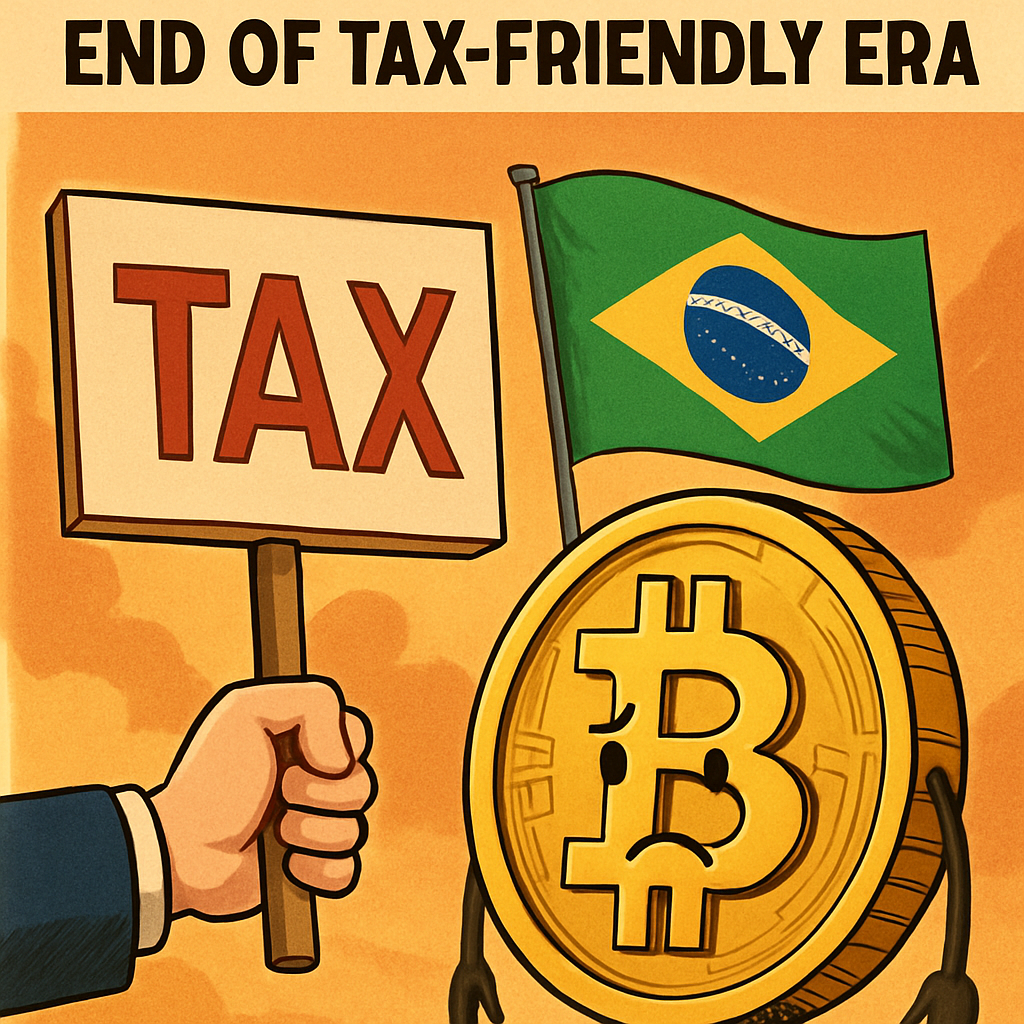Brazil’s government enacted a new taxation framework on August 23, introducing a flat 17.5% capital gains tax on all cryptocurrency disposals, irrespective of holding period or gain size. The change eliminated the previous exemption for minor crypto gains, marking a departure from the nation’s earlier stance that had encouraged retail participation in digital assets. According to Finance Ministry communications, the revision aims to bolster federal revenues amid broader fiscal consolidation efforts.
This policy shift follows Portugal’s decision in 2023 to impose a 28% tax on crypto gains realized within one year, signaling a global reconsideration of digital asset taxation. Brazil’s 17.5% rate applies uniformly across capital gains segments, reducing complexity but increasing liabilities for small-scale traders and startups leveraging crypto for payments or savings in high-inflation environments. Industry analysts anticipate similar moves in jurisdictions with previously lenient crypto tax regimes, such as Germany and the United Kingdom, where allowances and thresholds may face downward adjustments.
The immediate impact is expected to fall disproportionately on retail investors, who have contributed to notable growth in Brazil’s crypto markets over the past two years. Data from local exchanges indicate that individual traders accounted for the majority of transaction volumes, making the tax change likely to dampen speculative volume and reduce on-chain activity. Observers note that a uniform tax rate simplifies administration but eliminates incentives for long-term holding, potentially shifting market structures toward more rapid turnover and margin trading strategies.
Policy experts warn that governments under fiscal pressure may view cryptocurrencies as an accessible revenue source. Brazil’s move could serve as a blueprint for emerging markets where digital assets have gained traction during periods of currency depreciation and limited banking options. While some institutional players may absorb higher tax costs through strategic planning, retail segments may reduce exposure or seek alternative asset classes with more favorable tax treatments, altering the competitive landscape of crypto adoption in Latin America.
In the medium term, the new tax rules may catalyze enhancements in compliance infrastructure, as policymakers integrate reporting requirements with existing financial oversight systems. Exchanges and custodial services will likely update their platforms to support automated tax withholding and reporting functions, reducing friction for end users. Nonetheless, the broader regulatory signal is clear: the era of minimal or no crypto taxation is closing, and market participants must adjust strategies to navigate a more rigorous fiscal environment.
Overall, Brazil’s flat 17.5% crypto tax underscores a global trend toward standardized digital asset taxation, challenging assumptions of crypto’s untaxed status. As other nations observe the outcomes of Brazil’s implementation, further tax policy recalibrations may follow, reshaping the incentives and risk profiles associated with cryptocurrency investments worldwide.

Comments (0)